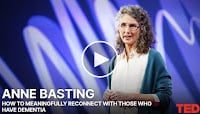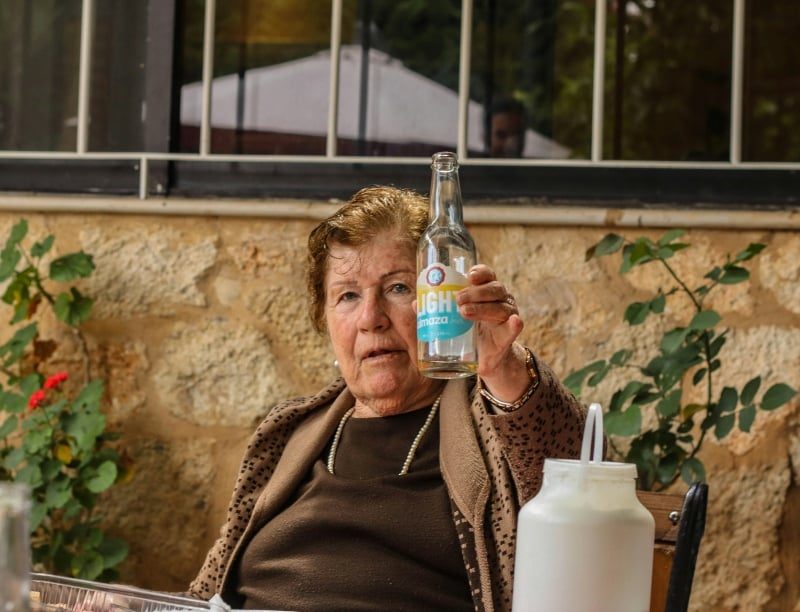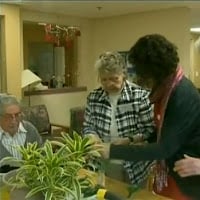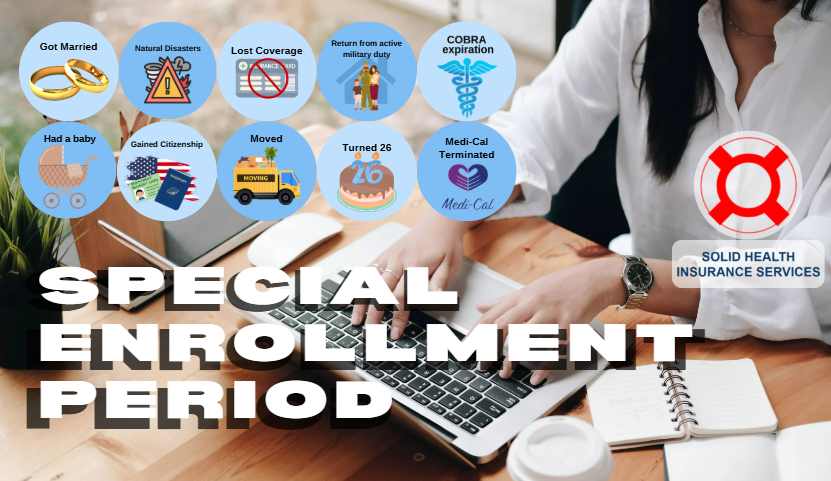Since my pulmonary hypertension (PH) diagnosis, I have been labeled a high-risk patient. Because it’s a rare disease, PH can be challenging to diagnose, treat, and manage. And with several other conditions, including chronic kidney disease, I face unique issues that can leave medical professionals scratching their heads.
PH can be life-threatening and demand intensive and lifelong care. The potential for severe physical impairment looms, reminding me that my journey requires a cautious and personalized approach.
My high-risk status plays a role in all my medical decisions, so it’s frustrating when providers “remind” me that I am, in fact, high-risk.
Recommended Reading April 12, 2023 Columns by Jen Cueva
April 12, 2023 Columns by Jen Cueva Can being kind to ourselves improve our health-related quality of life?
Weighing the risks and benefits of anesthesia
I recently underwent a routine endoscopy and colonoscopy, which I’d put off for 10 years because of my fears about anesthesia, or rather, the lack of it.
Those of us with PH often require special precautions when undergoing anesthesia for procedures or surgeries. Possible complications may include heart failure, respiratory failure, or even death, so it’s crucial that the operating team understands PH and any other health concerns we may have. And it’s always best to consult your PH team before undergoing anesthesia, as the medication may affect each of us differently.
After reviewing the pros and cons with my care team, we decided that, for me, undergoing light anesthesia for the endoscopy and colonoscopy was worth the potential risks because colon cancer runs in my family. I’d rather take preventive measures than find myself with another serious diagnosis.
Advocating for myself
Two weeks before my procedure, I spoke with the anesthesia department and voiced my concerns and fears. They assured me I’d be OK because the providers were well-trained and the hospital had a knowledgeable PH team.
Unfortunately, the preparation required the night before the procedure meant I got only a few hours of sleep. As you can imagine, I wasn’t in the best mood when I arrived at the facility.
That was when I learned that doctors planned to intubate me for the procedure. My mouth dropped in alarm, and my facial expressions probably said more than I could verbalize. It was time for self-advocacy.
A few minutes later, the operating team entered the room and explained that they’d planned to intubate me because I’m a high-risk patient. I respectfully declined intubation, but internally, I was exploding.
I know I’m high-risk, but it’s difficult to hear it so often. For 18 years, I’ve been reminded almost daily that catching a cold is far more serious for me than for most, or that I could be on a respirator in the blink of an eye. It shouldn’t have irritated me as much as it did on this occasion, but I wasn’t at my best due to lack of sleep and food. Hearing those words also struck a nerve because I’d recently been denied dental implant surgery, which providers considered “too risky” for me.
Hours later, a nurse rolled me into the procedure room. I didn’t know what the plan for anesthesia entailed, but I knew I didn’t want to be intubated for something as simple as an endoscopy and colonoscopy. I’d continue to stand my ground.
Once I was on the operating table, the gastroenterologist said I’d be given a small amount of anesthesia to help me relax, though I’d still feel most of the procedure. She was right!
Unfortunately, I couldn’t fall asleep due to the constant blaring of alarms. My blood pressure was dropping, and despite the team’s attempts to help me relax, my heart rate kept increasing. Because of my low blood pressure, they couldn’t administer more anesthesia.
At that point, I just wanted to be done and able to eat something. If you’ve ever prepared for a colonoscopy, you know what that’s like!
Somehow, I made it through the procedure. Was it a comfortable experience? Heck, no. Did I use this as a teaching moment? You bet! Through my self-advocacy, I reminded everyone in the room how important it is to respect patients and their decisions.
Note: Pulmonary Hypertension News is strictly a news and information website about the disease. It does not provide medical advice, diagnosis, or treatment. This content is not intended to be a substitute for professional medical advice, diagnosis, or treatment. Always seek the advice of your physician or other qualified health provider with any questions you may have regarding a medical condition. Never disregard professional medical advice or delay in seeking it because of something you have read on this website. The opinions expressed in this column are not those of Pulmonary Hypertension News or its parent company, BioNews, and are intended to spark discussion about issues pertaining to pulmonary hypertension.
The post Why it’s frustrating to be reminded that I’m a high-risk patient appeared first on Pulmonary Hypertension News.
Original Article










